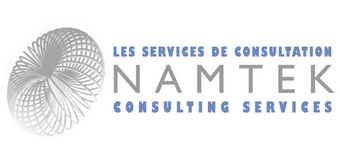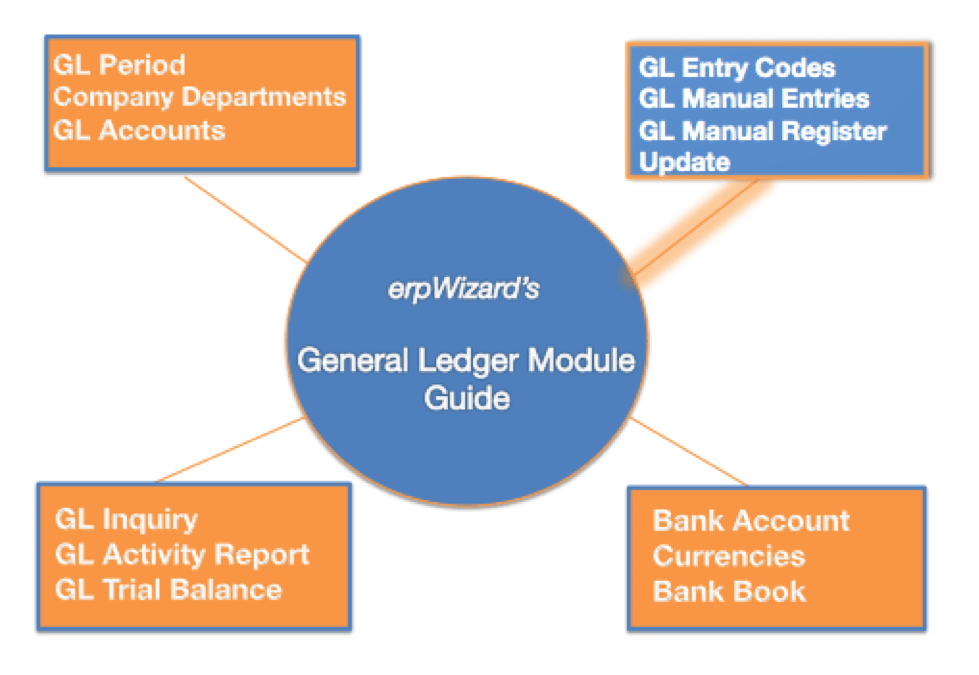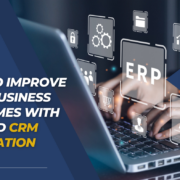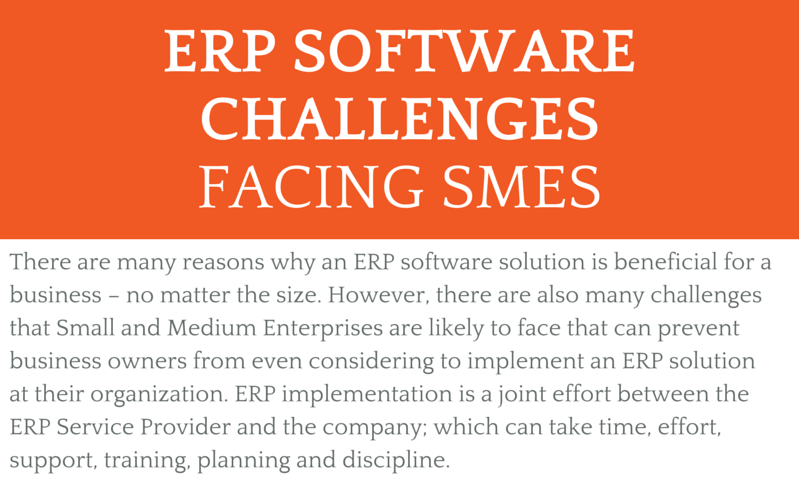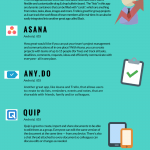Evaluate Your Business Processes Before Implementing an ERP System
Last Updated on August 10, 2023 by Tatyana Vandich
Back in September, we published an article called “False Advertisement: The Truth about ERP Implementations” listing the false statements about ERP implementation projects that business executives were told by others or simply just assumed. The last false statement listed in the article was the following: “You should always customize the new ERP system to your current business processes”.
We see this with Small and Medium business owners far too often, which is why today’s article will go on to explain why changing your newly upgraded ERP system to fit with your old business processes may not ALWAYS be the best way to go.
To begin, it’s important to remember that most ERP software systems are designed and developed using the best business practices in order to bring about efficiency, integration and organizational transparency. It’s no surprise that these types of systems bring in procedural rigidity and discipline, which is why in many past cases ERP software solutions have worked quite well in larger organizations, due to their already established formal, disciplined types of environments and processes.
The difference with Smaller Organizations…
The whole implementation process can sometimes be a bit more difficult in smaller businesses since many of them start off with informal, undisciplined processes. Their small team may work, day in, day out, the way they were once taught or the way that works best for them. Since there are no set procedures and processes, employees may get used to their habits and not think about which ways may be more efficient. Typically, what tends to happen is they get so used to working a certain way that, say 10 years down the line, they are still working that way. This of course does not automatically mean that these ways are wrong or do not work well, BUT they may not be the MOST efficient for the time. This can cause a problem when the company plans to expand and they require new technologies to help run and manage the business.
What should happen at that point? Should the company in question a) try to change the latest ERP system to fit with old processes or b) should they re-examine all business processes to find the best and most efficient ways of doing business and then implement the new system, once it will be a better fit.
Option b) for sure. It will result in a smoother ERP transition (reduction or elimination of user resistance) and the company will be well prepared to handle any new challenges in the future – a WIN-WIN.
All to say, it is not always best to customize a new ERP system with old business processes. Every company is different and it is up to their management team to re-examine their processes to find the best ways of running their business. After that point, an ERP system can be implemented successfully. If not, it can be like trying to fit a square peg in a round whole – it simply does not work.
